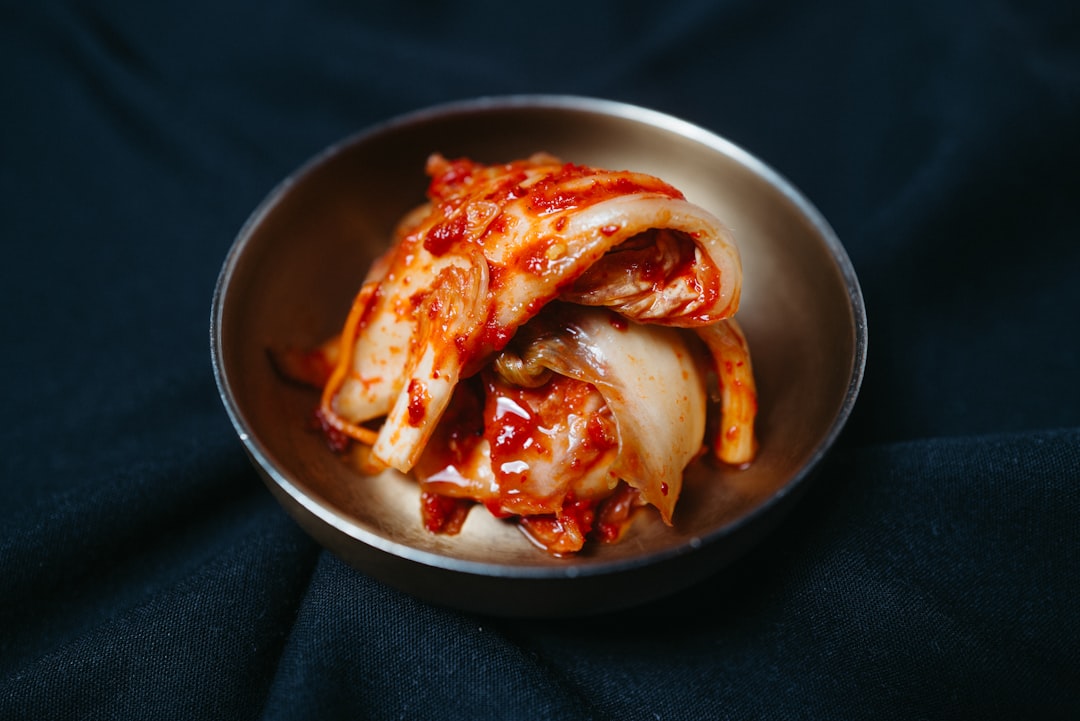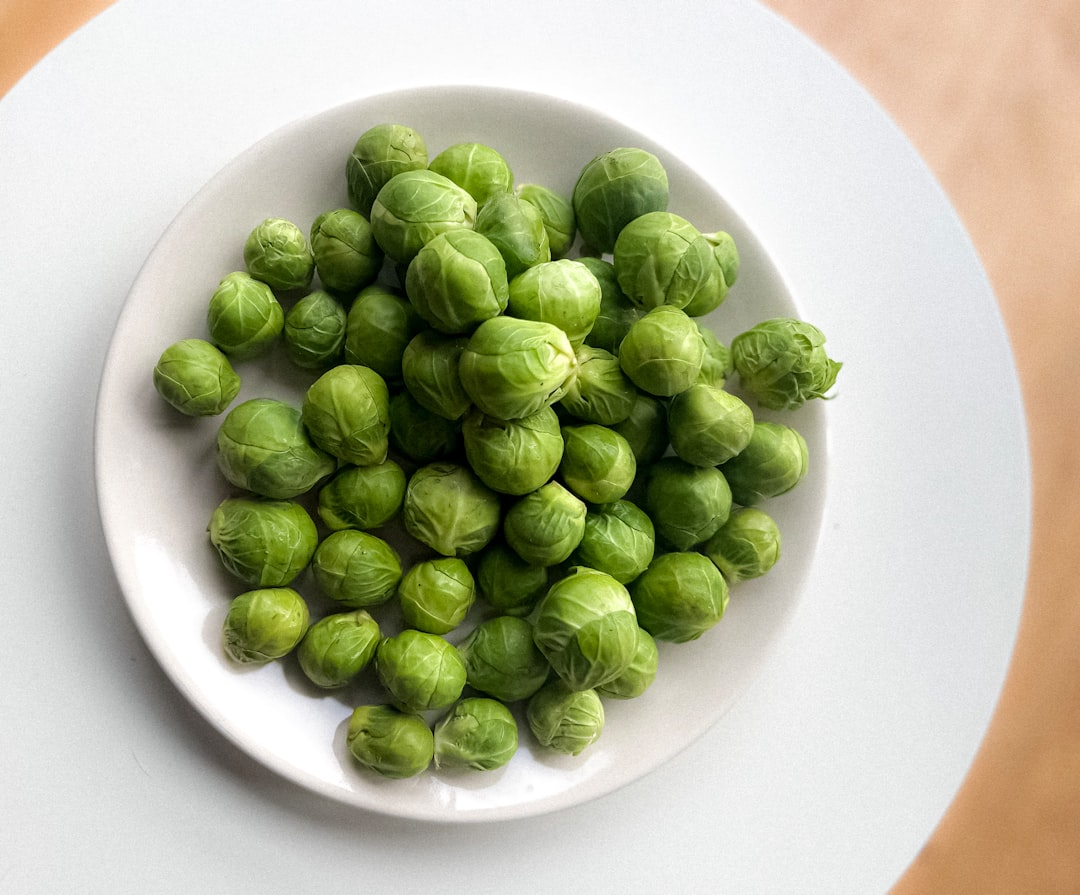7 "Anti-Inflammatory" Foods That Backfire on Your Gut Health
Trying to eat more anti-inflammatory foods is a smart move for long-term health, but sometimes those same choices trigger bloating, gas, or other uncomfortable gut symptoms. That can feel confusing and discouraging. You might wonder whether the food is “bad” or whether your body simply needs a different approach. Often the answer lies in dose, form, and personal biology. Certain anti-inflammatory choices—fermented foods, high-fiber staples, or concentrated supplements—do important jobs for inflammation and the microbiome. Yet when introduced too quickly, taken in high doses, or used without attention to individual sensitivities, they can backfire for people with IBS, SIBO, bile or enzyme issues, or medication interactions. This article walks through seven commonly recommended anti-inflammatory foods or strategies that sometimes irritate the gut. For each one, you’ll find a simple explanation of why problems can occur and practical steps to try instead. If symptoms are severe or persistent, please check in with a gastroenterologist or registered dietitian who can help tailor a plan. You don’t have to give up on healthful eating—small adjustments often restore comfort while keeping the anti-inflammatory benefits you want.
1. Kimchi, Sauerkraut, Kefir — Fermented Foods Overload

Fermented foods are famous for delivering beneficial bacteria and compounds that calm inflammation and support gut diversity. Many people do well with small portions, and fermented picks can be a gentle way to add probiotics through food. Still, jumping right into large servings of kimchi, sauerkraut, kombucha, or multiple daily kefir drinks can overwhelm a sensitive gut. When bacterial populations shift quickly, some people notice increased bloating, gas, or a flare of IBS symptoms. In people prone to small intestinal bacterial overgrowth (SIBO), certain fermented foods may worsen discomfort because they add fermentable microbes and substrates. Nutrition experts warn that "jumping in with big portions of high-fiber or fermented foods can backfire and make symptoms worse," so the safest route is to introduce fermented items slowly—think a tablespoon at a time—and watch how your body responds over several days. If adding fermented foods triggers persistent problems, pause for a few weeks and reintroduce under guidance. For many, the benefit remains, but the timing and portion size matter more than you might expect.
2. Beans, Lentils, Broccoli — High-Fiber Staples

Fiber-rich vegetables and legumes are cornerstone anti-inflammatory foods: they feed beneficial microbes, support regularity, and are associated with lower inflammation markers over time. However, a sudden jump in fiber—especially from beans, lentils, or cruciferous vegetables like broccoli—can cause gas, cramping, and bloating as gut bacteria adjust. That’s a normal short-term response for many people, but for those with IBS or a more reactive gut, it can feel intolerable. A gradual approach is kinder: add a little extra fiber every few days, drink more water, and spread high-fiber foods across meals rather than piling them all in at once. Cooking methods help too—soaking and thoroughly cooking legumes lowers the fermentable sugars that drive gas, and lightly steaming crucifers can reduce their gas-producing effect while preserving nutrients. If symptoms persist despite a slow ramp-up, consider working with a dietitian to test for FODMAP sensitivity or other triggers. The goal is to keep fiber in your life without making your gut pay for it.
